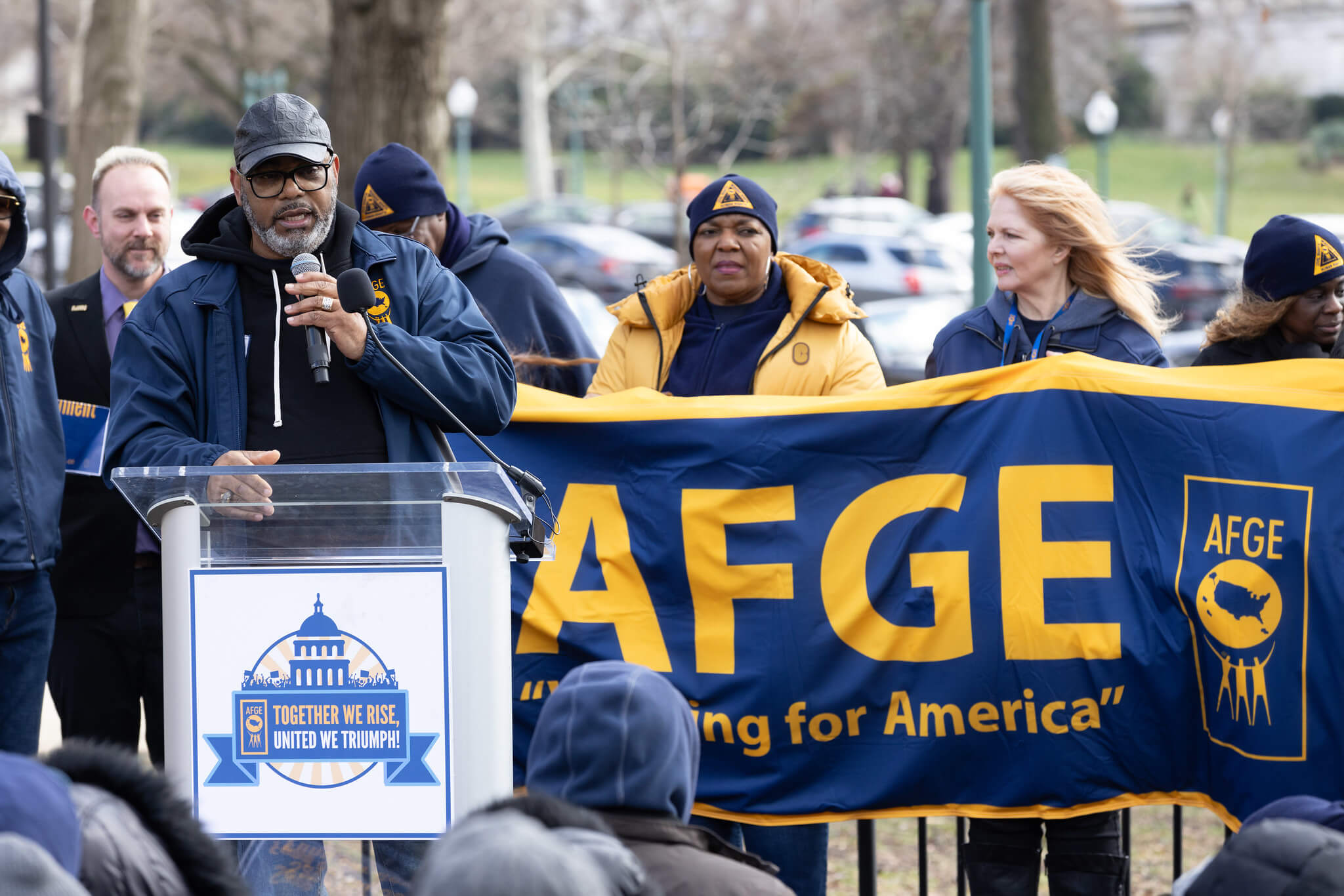For Whom Does the President Speak?
On our Lawfare@FP feed, we wrote about what Trump administration officials openly contradicting the president might mean for the future of the executive office. The piece begins:
This weekend, Secretary of State Rex Tillerson had a remarkable exchange on "Fox News Sunday" with host Chris Wallace:
Published by The Lawfare Institute
in Cooperation With

On our Lawfare@FP feed, we wrote about what Trump administration officials openly contradicting the president might mean for the future of the executive office. The piece begins:
This weekend, Secretary of State Rex Tillerson had a remarkable exchange on "Fox News Sunday" with host Chris Wallace:
Tillerson: I don’t believe anyone doubts the American people’s values or the commitment of the American government or the government’s agencies to advancing those values and defending those values.
Wallace: And the president’s values?
Tillerson: The president speaks for himself, Chris.
Wallace: Are you separating yourself from that, sir?
Tillerson: I’ve made my own comments as to our values as well in a speech I gave to the State Department this past week.
An anonymous Tillerson aide later spoke to CNN, ostensibly attempting to mute the impact of the secretary’s comments but serving in fact only to sharpen the point:
“The secretary and President have expressed different points of view. He isn’t being critical, but more so re-establishing without confusion what are known American values,” the aide said.
“The values start from the Constitution. The President’s job is to uphold those values. Did he do the best job ever responding to Charlottesville? Nope. But that doesn’t mean America changes.”
The aide added, “That is why the President speaks for himself because the Constitution speaks for the country.”
The exchanges are the latest, particularly dramatic example of the increasing tendency of executive officials to explicitly and publicly counter President Trump. Under ordinary conditions, this isn’t supposed to happen. As a technical matter, the president of the United States speaks not for himself alone, but for the entire executive branch. In fact, our constitutional structure holds that the president is the executive branch. Tillerson is, according to the traditional understanding of the executive, just a finger of Trump — who can direct him, fire him, and (with the advice of consent of the Senate) replace him. If Trump says demonstrators in Charlottesville are fine people and that many sides are at fault for the violence, who is Tillerson to claim otherwise? The open insubordination of Trump’s Cabinet members is offensive to the very concept of the unitary executive.





.jpg?sfvrsn=407c2736_6)
